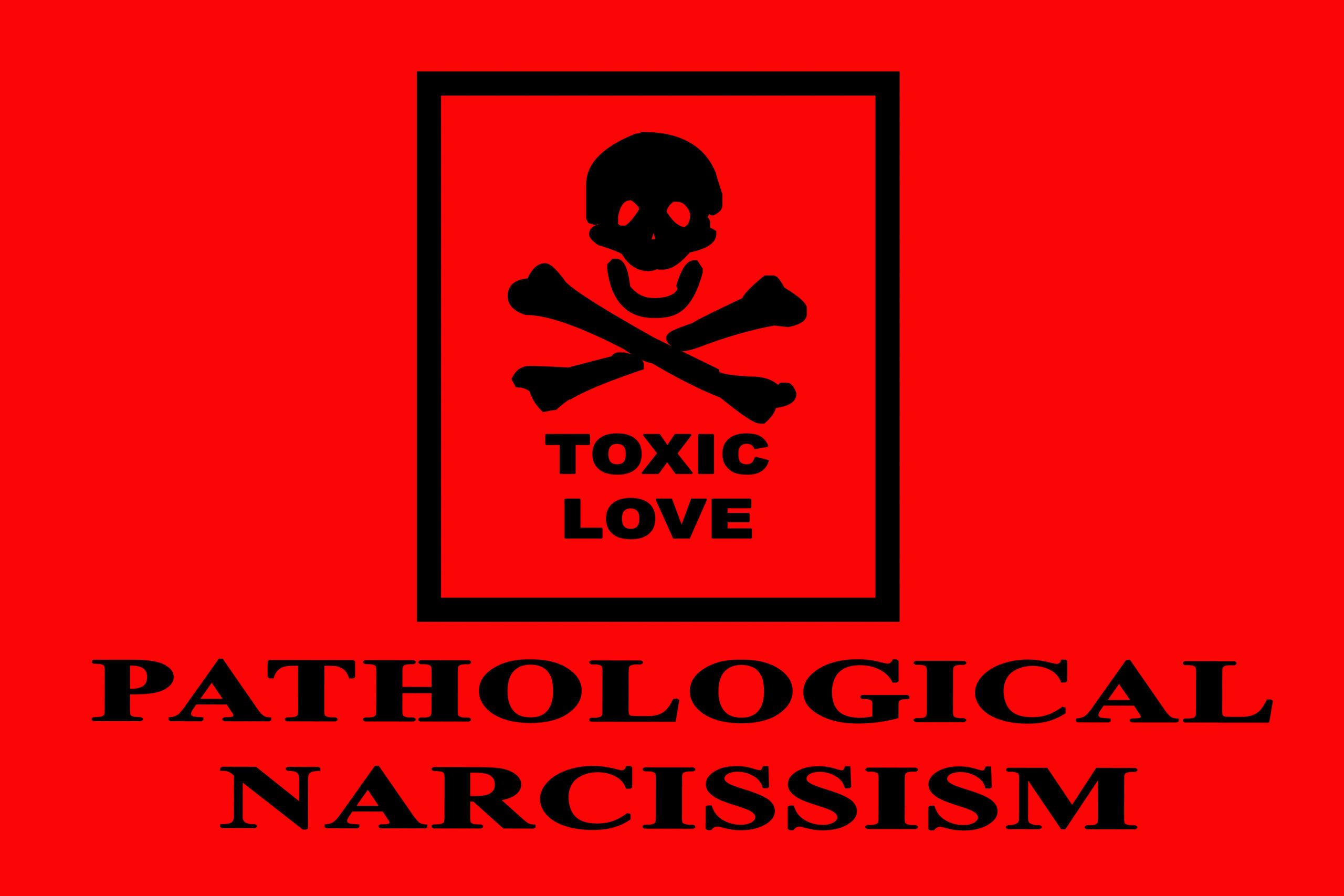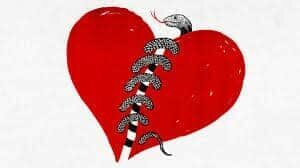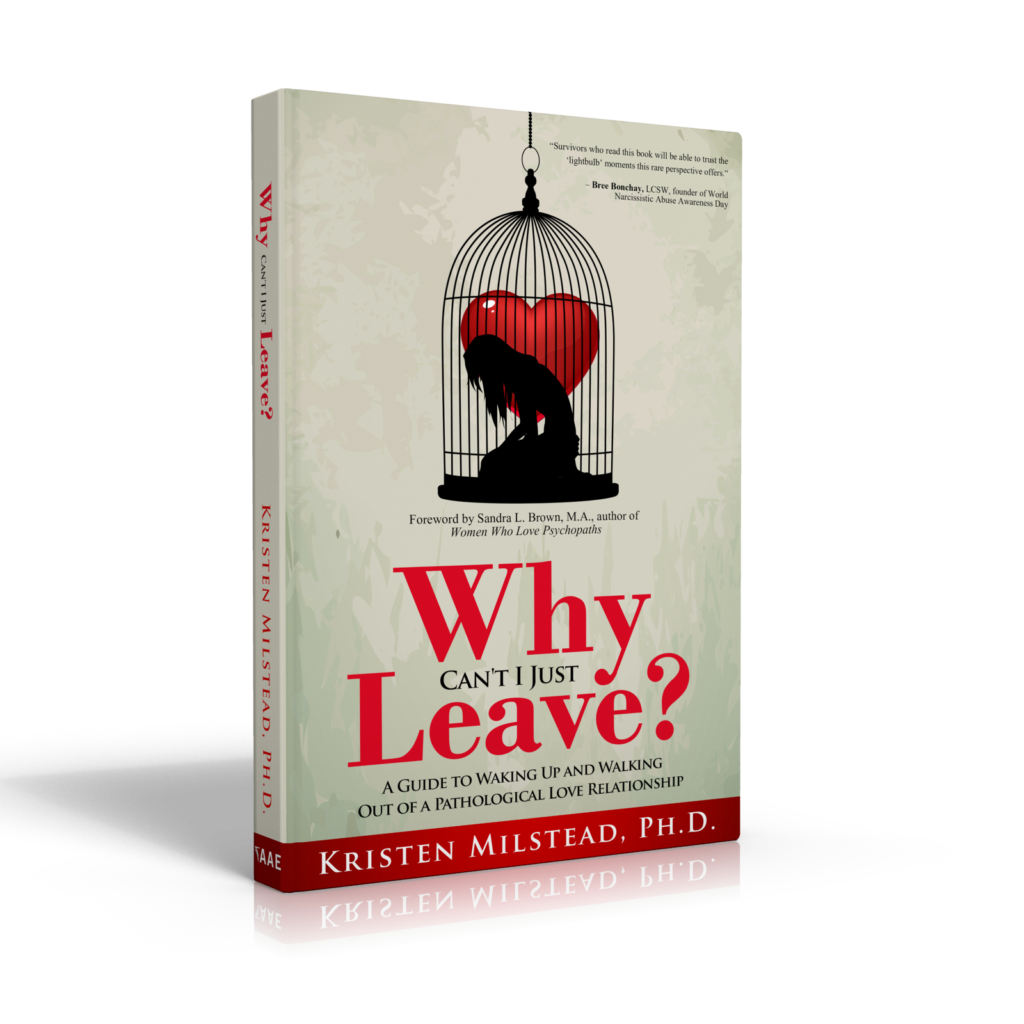
If you’re in a relationship with a narcissist, it’s likely your human rights are being violated.
When I was in a relationship with a pathological partner, he never controlled what or when I took care of my basic needs or kept me from talking to others. However, he did exert quite a bit of control over my wardrobe, where I went, who I saw, and with whom I interacted.
“I never told you that you couldn’t hang out with your friends!” he would say to me. It was always said in a tone that suggested I was crazy for implicating him.
He was right. He had never explicitly said to me I couldn’t.
He had other ways of getting me to comply. He questioned my commitment to the relationship. He manipulated my emotions. He made threats and punished me with what he claimed was just behavior when really it was just more abuse.
“Hidden” Methods of Control
Here are a few things my pathological partner did when he felt threatened by my actions:
• Intentionally made plans for the two of us at the last minute on a night I had plans with my friends, then became hostile when I didn’t break my plans to be with him
• Insulted my friends and made comments that implied they didn’t like him or our relationship, and I was being disloyal if I saw them
• Started arguments right as I was about to leave, then accused me of not caring about his feelings if I tried to walk out of the argument
• Made sexually degrading comments and cruel remarks such as, “If you get raped, don’t come crying to me.”
• Requested pictures of me while I was out to prove to him I was where I said I would be
• Insisted I turn on my GPS while I was out
• Bombarded my phone with dozens of demeaning, accusatory, and threatening texts if I didn’t respond to him while I was out
• Stalked my social media pages afterward to see if I had added any new men
• Made false accusations without cause that I was actually on a date instead and made me go to exhausting lengths to prove my faithfulness
• Exploded in rage if he didn’t find out until afterward and questioned me relentlessly about what had taken place
• Threatened to cheat on me or break up with me if I went out
• Actually cheated on me
• Withheld his love and pretended as if I didn’t even exist, gave me the silent treatment, or broke up with me.
• Accused me of doing the things to him he was doing to me—all the other things in this list.
Do any of these behaviors look familiar?
The last one is particularly tricky.
On the surface, the tactic looks harmless–perhaps even ridiculous, especially when you know you haven’t done any of those things. However, these accusations can become some of the most powerful methods of control they have.
How Narcissists Twist the Truth
Accusations that their partners are abusing and victimizing them can eventually coerce their partners into a sanity battle.
For example, first, narcissists may label choosing to spend the evening with friends as disloyalty.
Or they may claim going out with our friends is us walking out on them. If we don’t respond to their many attempts to contact us while we’re out, we are giving them the silent treatment.
The conclusions by the narcissist about our motivations or their impact can cause us to question our own behavior and doubt our judgment. The accusations can bring on feelings of guilt or shame when they become repeated often. We may even give up trying. They “win.”
However, when we do the things that threaten them, they take a secondary action that twists reality even further. They use them to draw a false equivalency to their actions.
They point to our actions that make them feel threatened (but aren’t actually a threat) to create an illusion that the things we did that they merely didn’t like are no worse than their damaging actions.
Of course, their actions actually are betrayals and abuse, such as deceptions about who they are, cheating and keeping other partners, smearing us to others, or using things we told them during moments of emotional intimacy to dehumanize and verbally abuse us.
If we challenge them on any of this, we are being disrespectful and degrading their feelings on the matter, further reinforcing the for them belief that we are the offenders and giving them even more ammunition.
Wait, wait, wait. What happened there?
[Read “How Narcissists Play Mind Games to Make You Think the Problem is You“]
Our normal, everyday human behavior and our right to engage in it were pitted against their attempts to stop it. Yes, exercising our rights gets framed as an attack.
Family therapist Terrence Real calls this “offending from the victim position.” Once they can cast themselves as a victim, they turn their abuse into a method of defending themselves. “When we offend from the victim position,” Real says, “we feel like a victim while acting like an offender.”
So you see, pathological partners don’t actually need to tell us explicitly not to visit our friends—and in fact, they get to deny they have forced us into anything. They look innocent—and sometimes victimized—as they put on the different masks to get us to comply.
The types of actions in this example create invisible chains that have a more formal name: coercive control.
Traditional definitions of abuse focus on individual incidents of physical injury. However, coercive control uses dominance and conditioning that have the cumulative effect over time of restricting the victim’s human rights to result in entrapment.
[Read: Coercive Control: The Domination of a Narcissist]
What Should You Do?
A narcissist’s perceived entitlement to not feel threatened and out of control does not trump and is not equal to your assertion of your autonomy and your human rights.
If this is happening to you, start keeping a journal of all of these instances of control. (Be sure to keep it somewhere safe where your partner can’t find it!)
You may have many different reactions to them: fear, anxiety, desperation, anger, helplessness, despair, guilt, shame, or others. You may even feel as if you’ve done something wrong when you haven’t.
Even if your partner has convinced you that their actions are justified or you feel compelled to respond in a way that gives control over to your partner–write them down anyway.
By writing them down, you are solidifying to yourself that they happened. The list can provide you with a psychological tool that you can read again and again to be your own witness and objectively observe how you have been trapped in a box that keeps getting smaller… and open it before it’s too late.
Over 60 million people are in a relationship with a narcissist. Are you one of them? Parts of this article have been adapted from my book,Why Can’t I Just Leave, which takes you step-by-step through the path that got you here and helps lead you straight to the exit.
In it, you will read what over 600 survivors said in their own words about their experiences and how they left their relationships. You will learn about 75 signs that you’re in a pathological love relationship, what makes narcissistic abuse unique, the most damaging effect of narcissistic abuse, why we change while we’re in the relationship, and the five stages of breaking up with a pathological partner.
You can read the first chapter which includes the pathological love relationship checklist, here: Why Can’t I Just Leave free preview.
References
Real, Terrence. (2022). Us: Getting Past You & Me to Build a More Loving Relationship. New York: Goop Press.
If you liked this article, you may also be interested in these:





